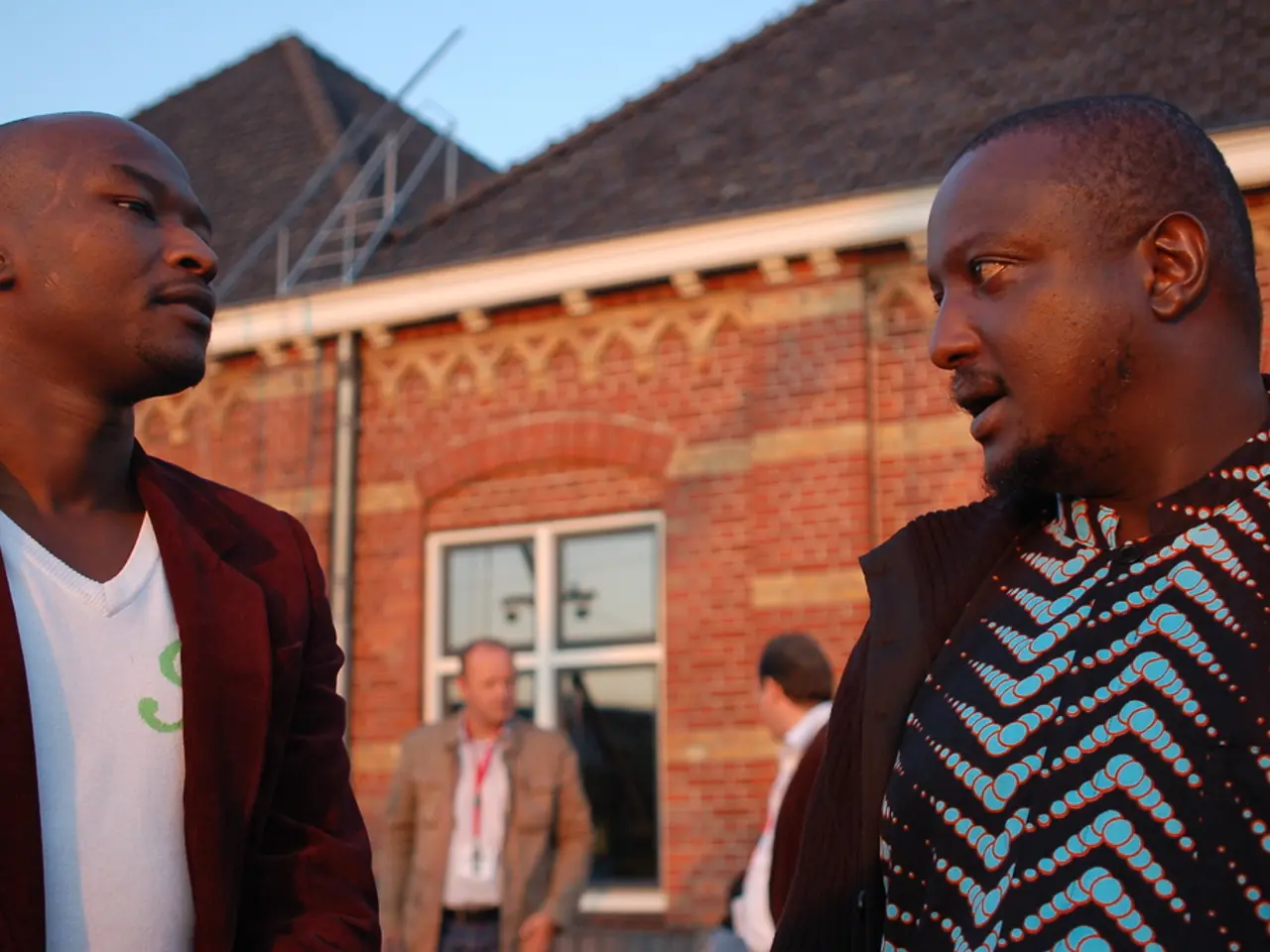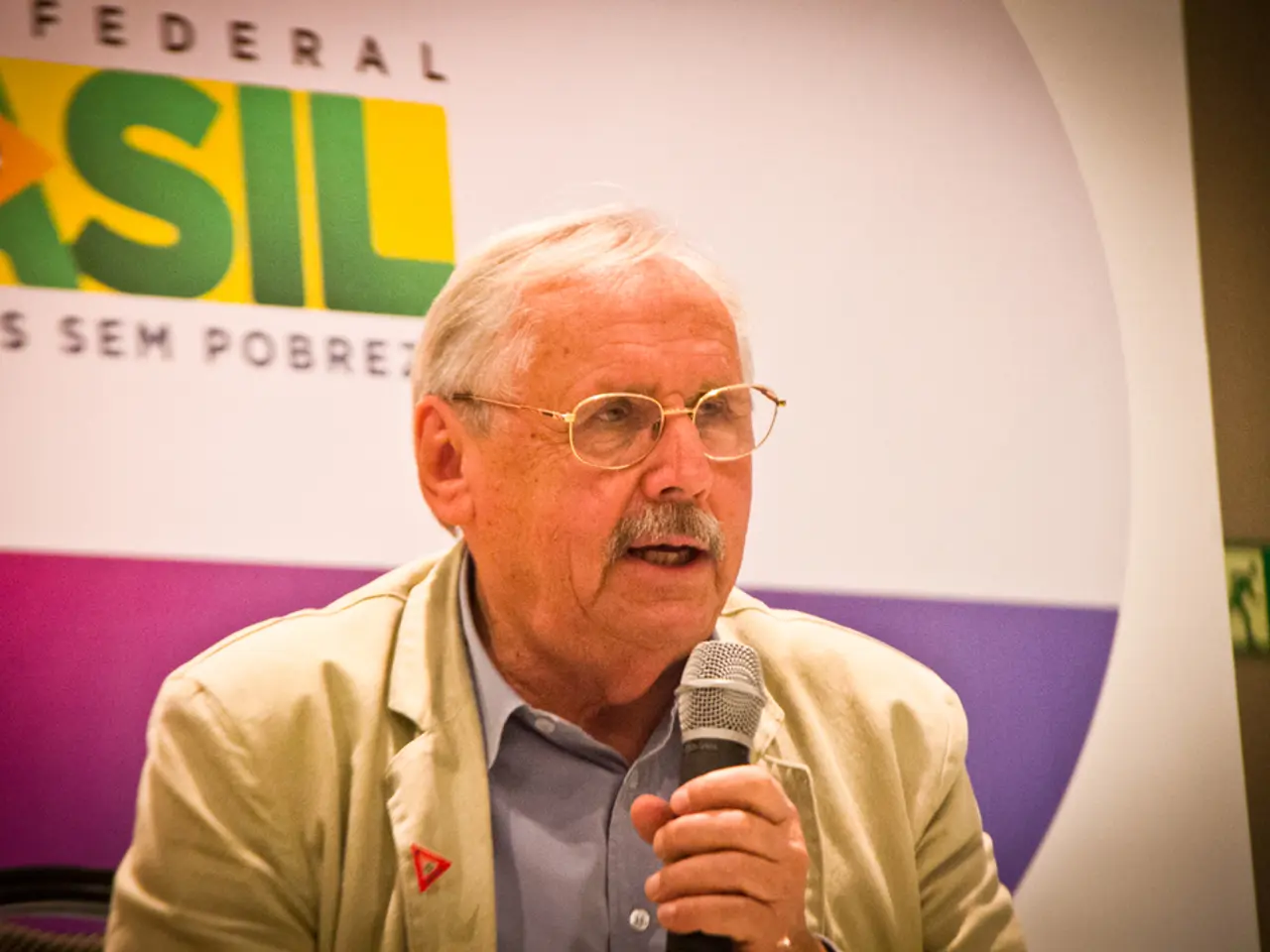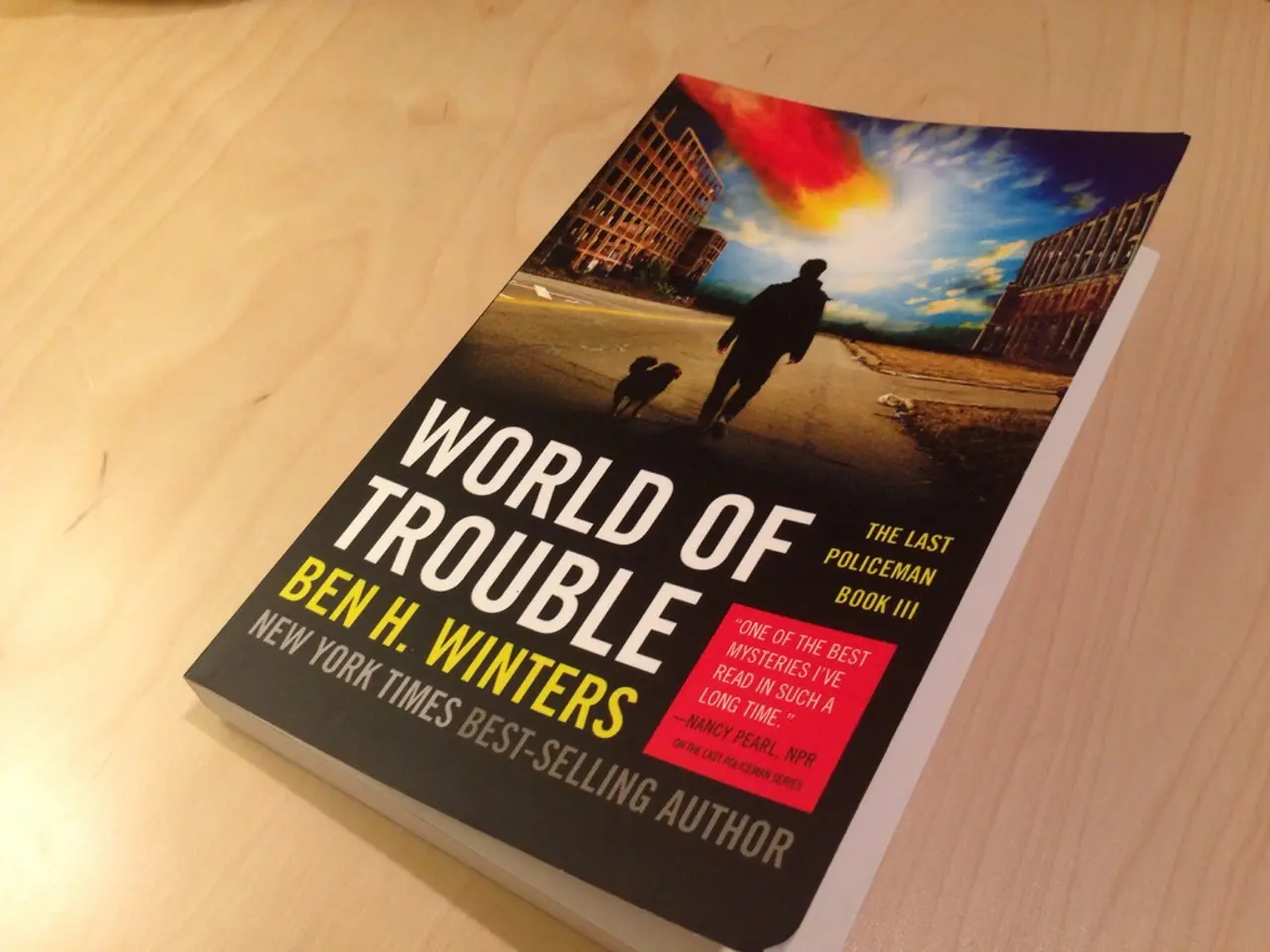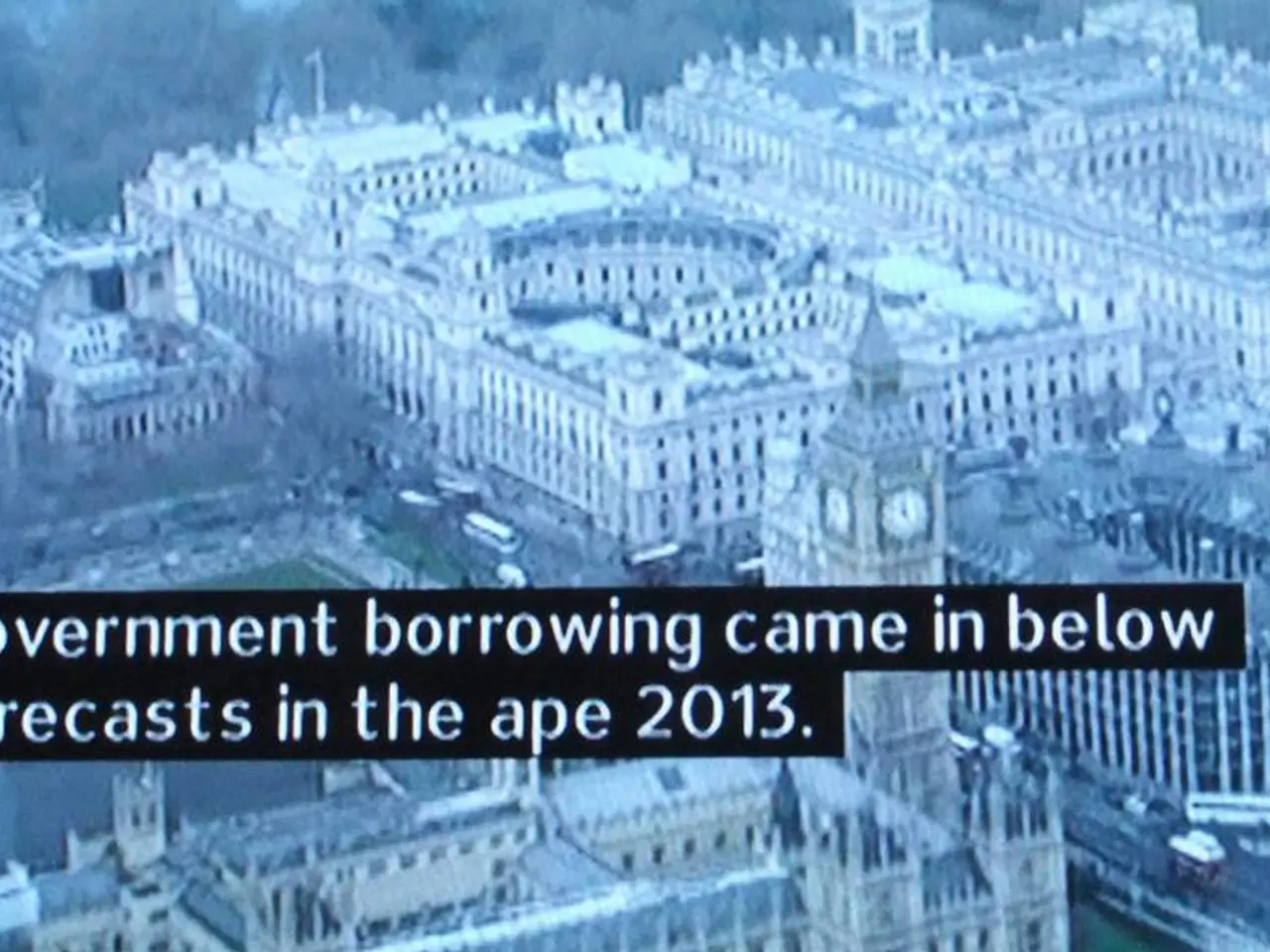Heat of the Moment: The Blame Game Over June 25 Protests
"CS Ruku urges opposition to stay on the correct course to gain influence"
The dust hasn't even settled from the June 25 memorial protests, and politicians are already trading accusations like it's a hot potato. Government bigwigs are finger-pointing at opposition leaders, claiming they stoked the flames of chaos and orchestrated the violent protests.
Cabinet Secretary for Public Service, Human Capital Development, and Special Programmes Geoffrey Ruku, for one, has accused former Deputy President Rigathi Gachagua of being the mastermind behind the chaos, labeling it as "planned terrorism." Ruku alleges that the opposition sought a forceful takeover of power, going against the Constitution, which grants leadership through a popular mandate.
"Attaining leadership through dividing the nation isn't beneficial," Ruku warned. "The opposition should focus on what they can offer the people instead of stirring hate and fueling polarization."
Ruku condemned the widespread violence and destruction of public and private property that occurred in various locations across the country. He's not alone in his condemnation; Interior CS Kipchumba Murkomen also chimed in, calling the events a "coordinated, funded, premeditated political campaign" rather than spontaneous unrest.
However, Gachagua has denied any involvement in the protests, stating, "Gen Z doesn't require financing or guidance in their cause unless you believe your lies and cheap propaganda."
But who's behind the chaos? Well, the evidence points to opportunistic "rogue elements" who took advantage of the unrest to loot and vandalize property. These groups weren't acting on behalf of a named individual or organization officially accused of orchestrating the violence.
Instead, the chaos was an unfortunate side effect of unchecked looting and vandalism by whomever happened to be in the area. The government and security forces responded with force to quell the looting and chaos, while activists condemned attempts by the regime to suppress information about the protests.
In the end, the protests are a stark reminder of the ongoing struggle against systemic oppression and economic injustice, as well as the government's attempts to quash dissent and maintain control. The political fallout will continue to ripple through Kenya as both sides jockey for power and seek to paint themselves as the champions of the people.
Stay Tuned:
- MPs clash over motion targeting Gachagua over protests anarchy
- Ruto can't govern a generation that he refuses to understand
- Day of reckoning: Protests leave businesses, roads in ruins (Photos)
- IPOA flags police over excessive force in June 25 protest crackdown
- The ongoing debate in Kenyan politics revolves around the June 25 protests, with MPs clashing over a motion targeting Rigathi Gachagua, accused by some of orchestrating the unrest.
- The economic toll of the June 25 protests is being felt in the business sector, as many businesses and roads have been left in ruins, according to media reports.
- Meanwhile, the Independent Police Oversight Authority (IPOA) has flagged the use of excessive force by police during the crackdown on the June 25 protests, drawing concern from human rights groups.
- Health authorities are monitoring the potential long-term effects on public health of the June 25 protests, which saw widespread violence and destruction of property across the country.
- Amidst the political jockeying for power, the government is under scrutiny over its policy and legislation regarding protests, with critics accusing it of suppressing dissent and stifling political opposition.
- In a general news update, crime and justice reports continue to highlight incidents of looting and vandalism that took place during the June 25 protests, as well as the ongoing investigations into those responsible for the unrest.
- War-and-conflicts analysts have draw parallels between the June 25 protests and other political upheavals across the world, with some warning of the potential for similar events to erupt in the future if the root causes of the unrest are not addressed.





